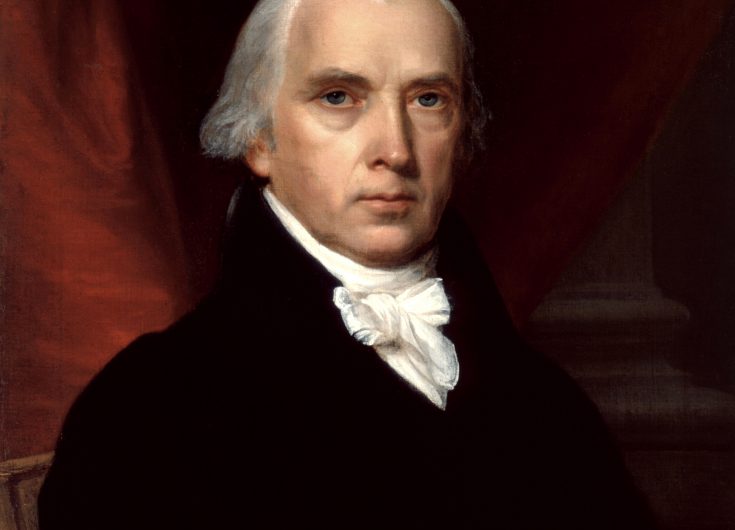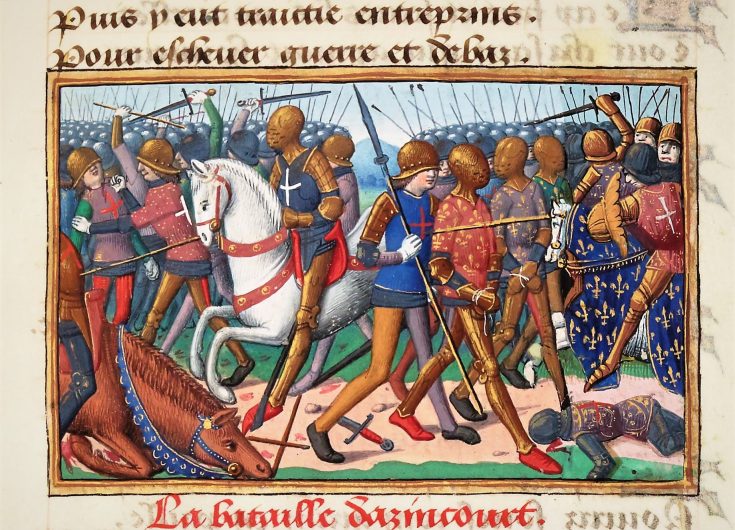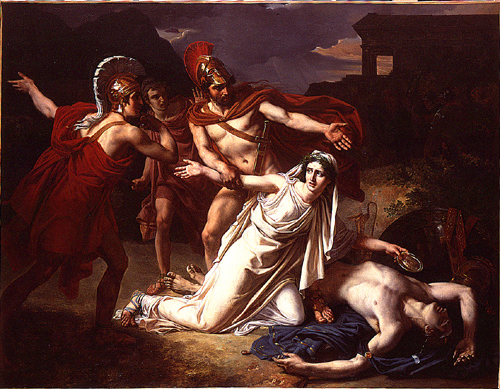

Polk, War Message to Congress (1846)
Although he was not the first to put his eyes on the territory west of the Louisiana Purchase, it was the presidency of James K. Polk (1845-1849) that put the finishing touches on the last major acquisition of new territory before the Civil War. A member of the Jacksonian-nationalist wing of the Democratic Party, Polk’s intentions were clear from the start—his famous campaign slogan, “54-40 or Fight!” indicated his intention to settle the status of the Oregon Territory with Great Britain on American terms. But even more famously associated with Polk is the Mexican-American War, and with it the acquisition of New Mexico and Upper California.





